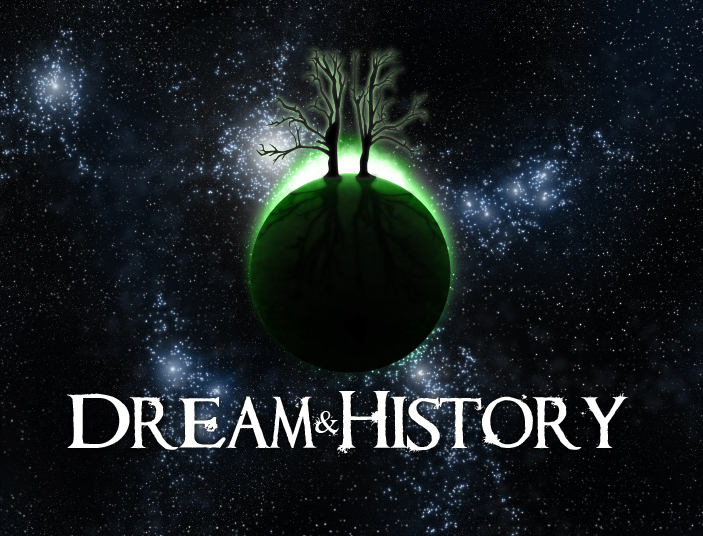
Dream interpretations dates back to 3000-4000 B.C. were they were documented in clay tablets. It is said that people in primal societies were unable to distinguish between the dream world and reality. They not only saw the dream world as an extension of reality, but the dream realm was a more powerful world.
Back in the Greek and Roman era, dream interpreters accompanied military leaders into battle. Dreams were extremely significant and often seen as messages from the gods. They were seen in a religious context and in Egypt, priests also acted as dream interpreters. The Egyptians recorded their dreams in hieroglyphics.
People with particular vivid and significant dreams were believed to be blessed and were considered special. People who had the power to interpret dreams were looked up to and seen as divinely gifted. In the bible, there are over seven hundred mentions of dreams. Tracing back to these ancient cultures, people had always had an inclination to interpret dreams.
Dreams were also seen as prophetic. People often looked to their dreams for signs of warning and advice. It was an oracle or omen from outside spirits, whether it was a message from a deity, from the dead or even the works of a demon. Dreams often dictated the actions of political and military leaders and aided in diagnosis for the medicine men. Dreams was a vital clue for healers in what was wrong with the dreamer and used them to make a diagnosis. People in ancient Greece and ancient China looked to their dreams for their next course of action.
Dreaming can be seen as an actual place that your spirit and soul leaves every night to go and visit. The Chinese believed that the soul leaves the body to go into this world. However, if they should be suddenly awakened, their soul may fail to return to the body. For this reason, some Chinese today, are wary of alarm clocks. Some Native American tribes and Mexican civilizations share this same notion of a distinct dream dimension. They believed that their ancestors lived in their dreams and take on non-human forms like plants. They see that dreams as a way of visiting and having contact with their ancestors.
Dreams also helped to point their mission or role in life. In the early 19th century, dreams were dismissed as stemming from anxiety, a household noise or even indigestion. Hence there was really no meaning to it. Later on in the 19th century, Sigmund Freud revived the importance of dreams and its significance and need for interpretation. He revolutionized the study of dreams.
Reference: http://bahcecikdevekusu.com/dreamcenter/history.htm
Readers and dreamers may be interested that there is an international conference on dreams each year held by the International Association for the Study of Dreams. All areas of dreaming are covered in this five day conference, dreams and psychology, dreams and science, content research, dreams and anthropology, spiritual dreamwork, general dreamwork, lucid dreaming, psi dreaming, dream inspired arts and film, as well as a peer reviewed art show and a final ball where people come dressed as their favorite dream characters. 27th year next conference in Asheville, NC June 27 - July 1 more at http://asdreams.org/2010
ReplyDelete